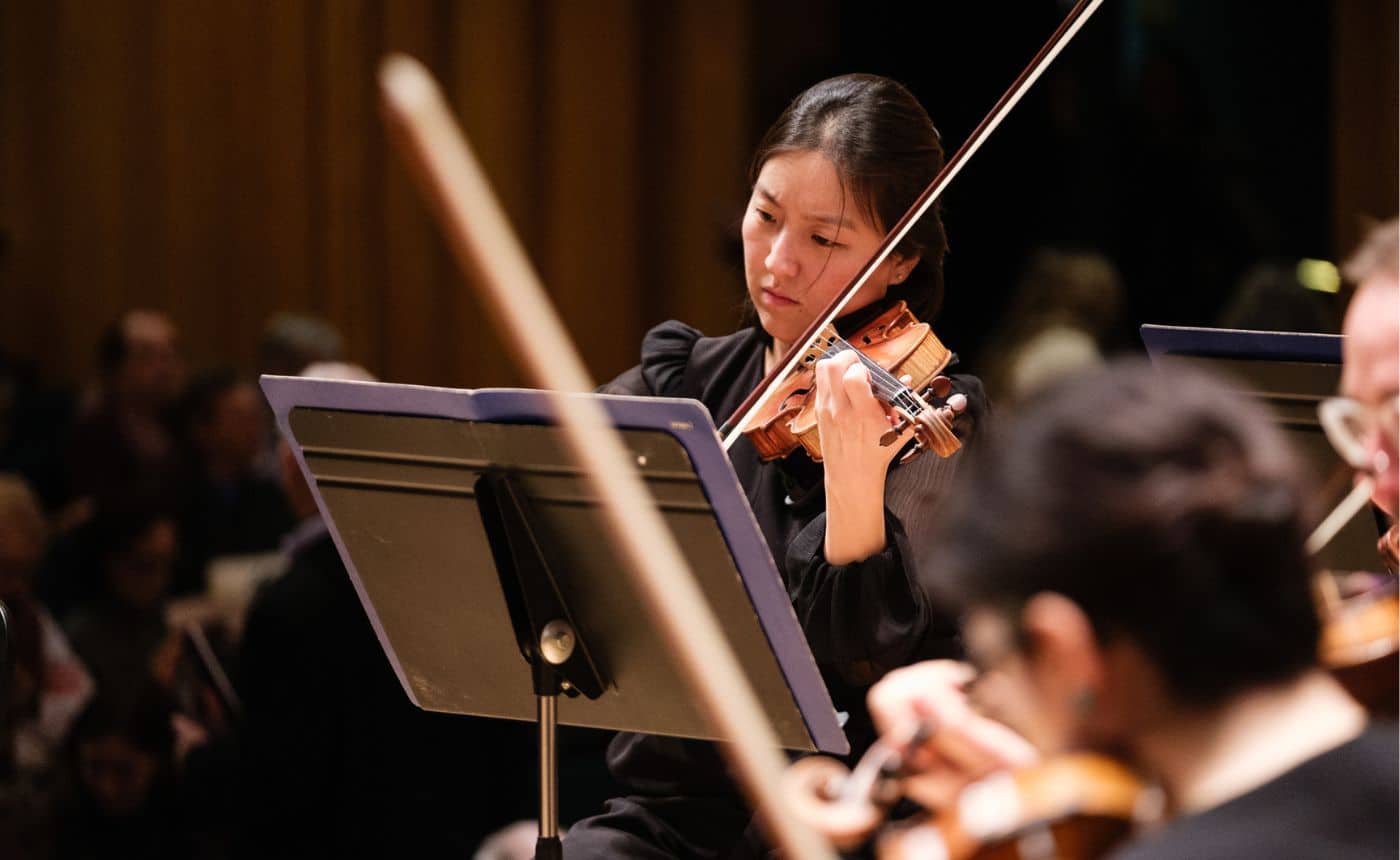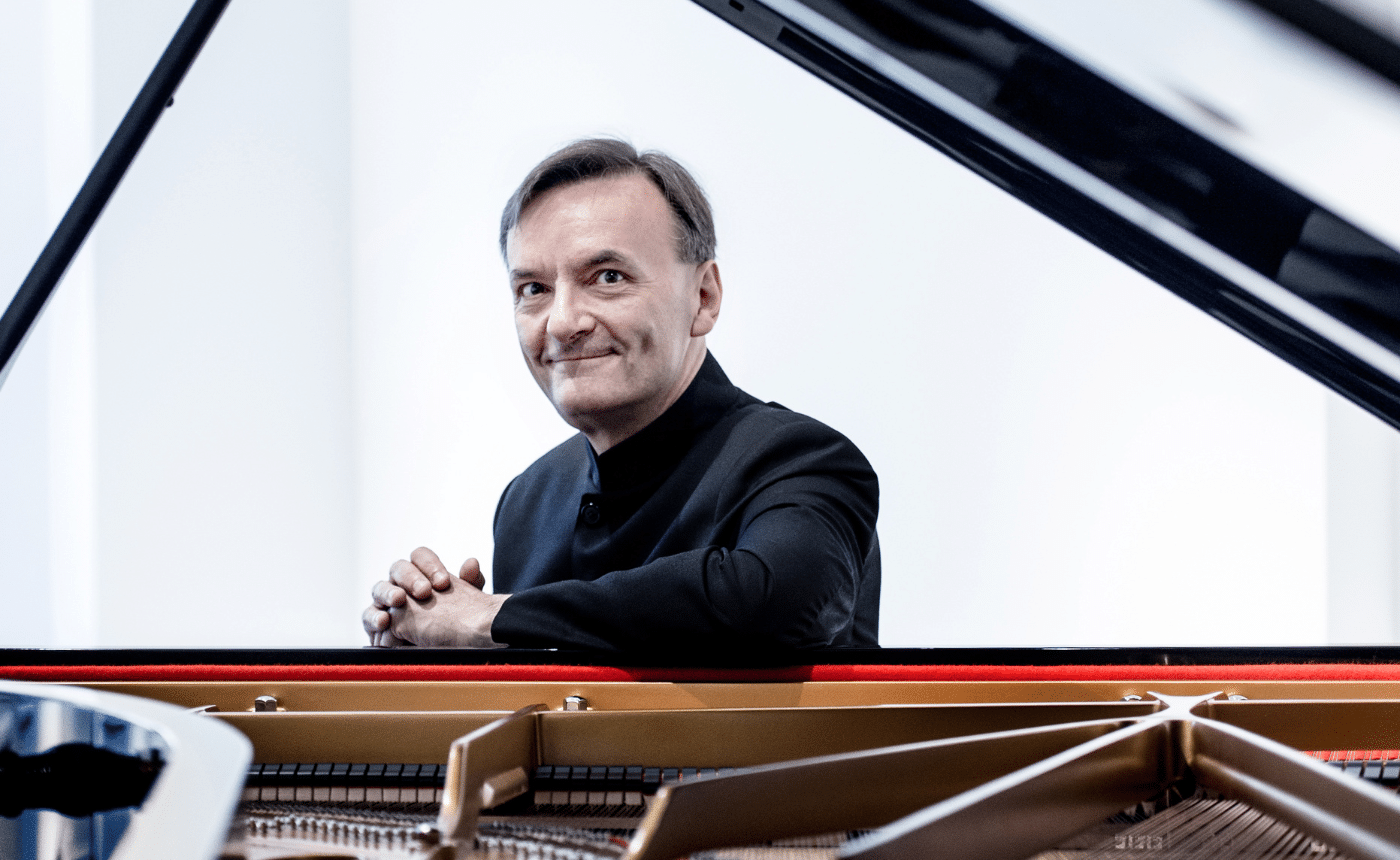Handel – Messiah
Written by Jeff Counts
Instrumentation: 2 oboes, 2 bassoons, 2 trumpets, timpani, continuo, organ, strings, chorus, soloists.
Duration: 120 minutes in three parts.
THE COMPOSER – GEORGE FRIDERIC HANDEL (1685-1759) – It is a common refrain throughout music history that big successes follow equally large failures, that the ash from which so many composers rise comes from the fires of their own musical disasters. Handel, after two poorly received opera attempts in the early 1840s, was rumored to be considering a shameful departure from his adopted home country of England.
THE MUSIC – The commission that stalled the (presumed) exodus was nothing less than Messiah and it signaled a return to the previously fertile ground of the oratorio for Handel. He completed the score during a 24-day fury in the late summer of 1741 and by the reactions of the Irish press during the rehearsals and 1742 Dublin premiere, it was clear that the quickness of its creation did not speak to any lack of assured quality or effectiveness. “The finest composition of music that ever was heard,” went one comment and another claimed that “words are wanting to describe the exquisite delight it afforded the admiring and crowded audience.” Though not as initially well-viewed in London (Charles Jennens, the Englishman who created text upon which the oratorio is based, was reportedly underwhelmed with Handel’s “entertainment.”), the Irish successes were important in that they gave Handel the courage he needed to return to England and eventually reclaim his position as her leading man of music. Besides, Messiah would establish itself there too soon enough and, as much as the piece meant to Handel’s career at the time, it was destined for the truly rarified air of “official annual tradition” throughout the English-speaking world in the centuries to come. It is interesting to note that, contrary to modern convention, Handel clearly intended Messiah for the Easter observances rather than Christmas and the performances during his day were always given in the spring.
THE WORLD – Elsewhere in 1742, Swedish scientist Anders Celsius created the first version of his temperature scale, Benjamin Franklin invented what was to become the “Franklin Stove” and Russian Czarina Elizabeth cruelly ordered the expulsion of the Jews from her kingdom.
THE CONNECTION – Messiah is performed every season by the Utah Symphony as part of the traditional “sing-in.”











